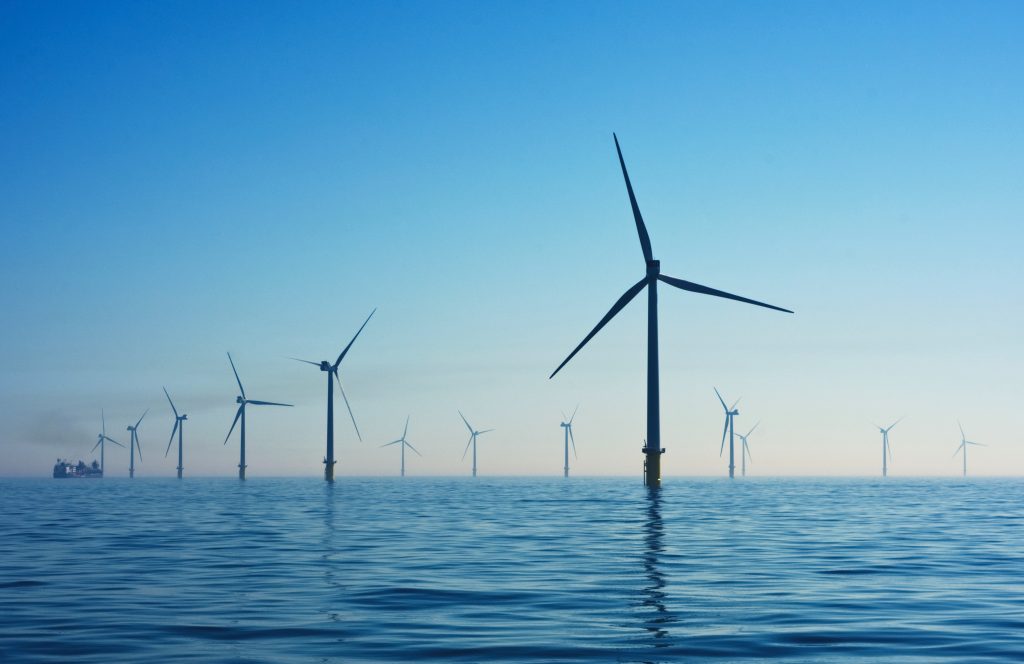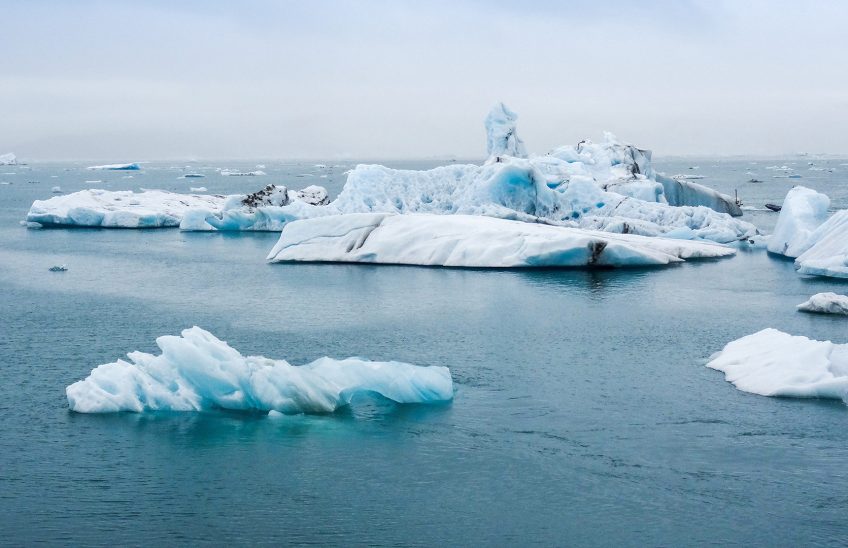Climate change caused by anthropogenic carbon emissions has increased the adoption of variable renewable energy (VRE) resources as part of emissions mitigation strategies. As a result, there has been an increase in the uptake of solar and wind resources for electricity generation worldwide. However, as VRE resources depend on meteorological conditions, it is anticipated that these resources and the associated electrical generation will likely be affected by climate change.
Munyaradzi Mupazviriho recently completed his dissertation entitled, Impacts of Climate Change on Variable Renewable Energy in South Africa, under the supervision of Drs Bernard Bekker and Amaris Dalton of the Department of Electrical and Electronic Engineering. His dissertation sought to establish the current understanding of climate change impacts on VRE in South Africa based on literature, investigate historical VRE resource trends, and estimate possible future VRE resource shifts.
Background and hypothesis of the study
The study tested two hypotheses. The first is that significant long-term changes to VRE resources and electrical generation potential in South Africa have occurred, with the changes likely associated with climate change. The second hypothesis was that under a low mitigation climate scenario, substantive changes to VRE resources and electrical generation potential would occur in the future.
Accordingly, the study sought to establish the current understanding of climate change impacts on VRE in South Africa based on literature, investigate historical VRE resource trends, and estimate possible future VRE resource shifts. The study focused primarily on resource, electrical generation potential and resource variability for wind and solar resources. In assessing the current understanding of climate change impacts in South Africa, it was established that changes exceeded the global average.

Methodology
Several impact studies have been conducted evaluating the effects on different sectors. But there are limited studies assessing the impacts on VRE resources in the region – one of the motivating factors for this study. A historical trend analysis was conducted by evaluating a 70-year period using the ERA5 reanalysis dataset.
The most significant decreases (-38.8%) in wind resources were identified in the North West (NW) and KwaZulu-Natal (KZN) provinces, while the southwestern regions of the country exhibited significant increases (29.9%). Solar resources displayed less significant trends compared to wind potential, with the largest decreases noted in the NW province (-5.9%). Generally, most of the country, except for the southwestern coastal regions, was reported to have a declining trend in solar resources.
In addition, an increased level of variability was noted in regions that exhibited the strongest declining trends in solar and wind resources. In assessing projected changes to VRE resources and generation potential, two periods were selected for assessment:
- A near-term period (2031-2050): This was selected as relevant to currently installed VRE generators
- A far-term period (2081-2100): This period was selected to help inform future VRE siting.
An ensemble of climate models was used to obtain future wind speeds and solar irradiance projections. The VRE resource and generation potential was then estimated and compared to a baseline historical period.
Research results and recommendations
Results indicated that changes to VRE generation potential were anticipated to increase in severity towards the end of the century with a marginal percentage difference in the near-term assessment period. Wind generation potential showed the most significant negative changes, with the autumn season showing the most significant change of up to a 23% decrease in available wind resources.
Changes to resource variability of both wind and solar were projected to be less severe when compared to changes to generation potential. Given the established historical and projected changes to VRE resources and the generation potential, it was concluded that to ensure a successful energy transition, climate change impacts on VRE resources are important considerations in planning future VRE generators. Near-term changes to VRE resources may harm the performance and viability of currently installed and planned VRE generators during their operational life spans.
Understanding the long-term changes to VRE resources would aid policymakers and network planners in optimally selecting and siting future VRE generators, thus feeding into generation expansion planning assessments. Recommendations from the study include incorporating additional climate scenarios in the assessments, evaluating possible financial implications of climate change to current VRE generators and investigating potential impacts of climate change on transmission capacity, demand profiles and power system infrastructure.
Download and read the entire study at: Mupazviriho, M. K. (2022, December 1). Impacts of climate change on variable renewable energy in South Africa. Scholar.sun.ac.za. https://scholar.sun.ac.za/handle/10019.1/126097.





